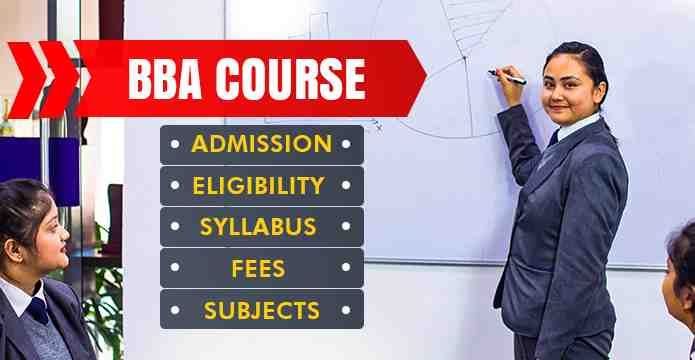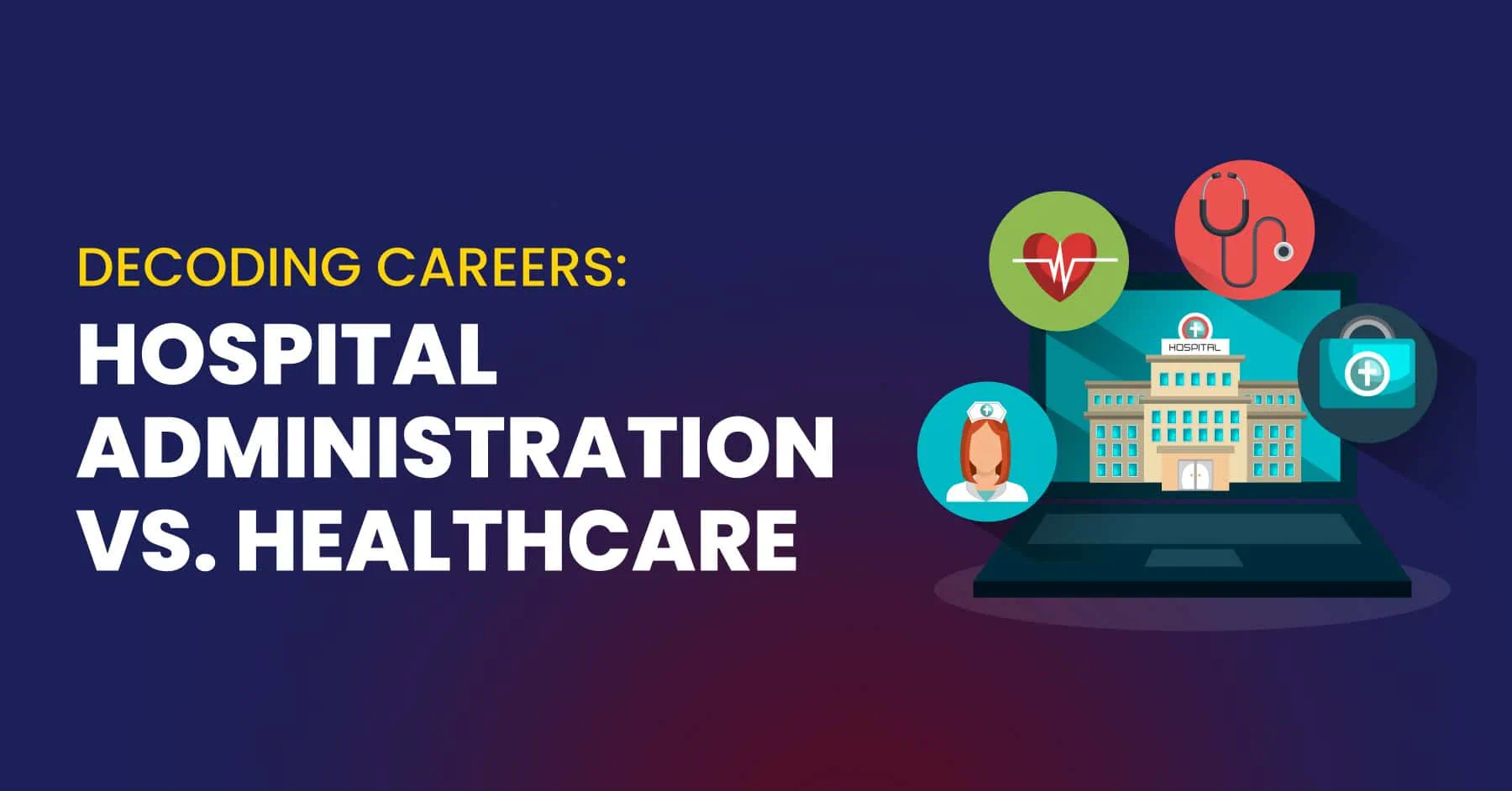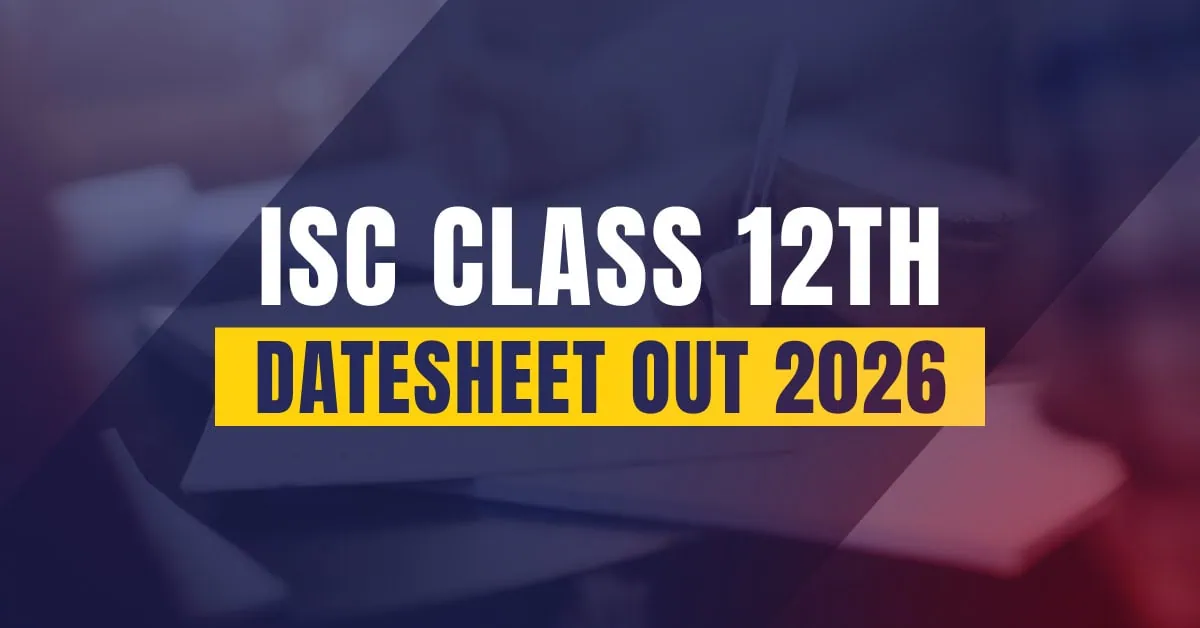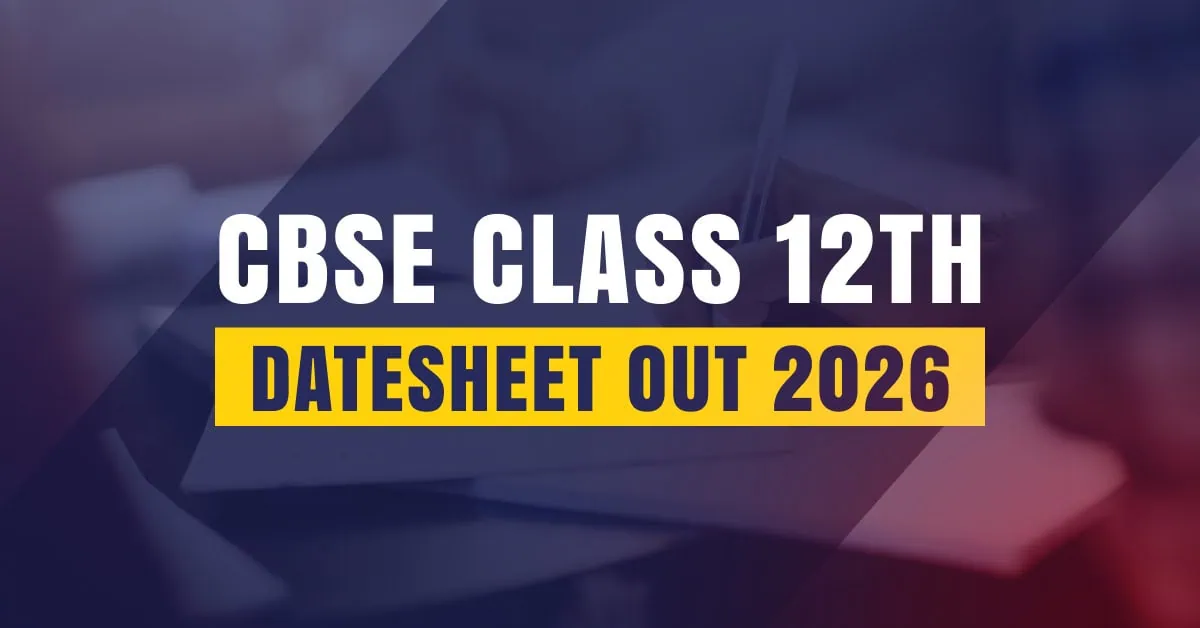A degree in bachelors in Business Administration generally known as a BBA Degree is a unique undergraduate three-year course aimed at developing and nurturing managerial knowledge-based kills and critical aptitude within students with adherence to industry requirements and expectations. Many of colleges and Universities are offering the BBA programme as regular or distance learning education. Students can pursue this course full-time or distance mode. The value of full-time course is considered to be much more than over the distance mode.
In India, the accreditation body for BBA is AICTE (All India Council of Technical Education). There are different accreditation bodies in different countries.
The degree is designed to give a broad knowledge of the functional aspects of a company and their interconnection, while also allowing for specialization in areas such as finance, human resources, marketing, operations, entrepreneurship, systems, family managed business etc. B.B.A. programmes thus expose students to a variety of “core subjects” and generally allow students to specialize in a specific academic area during the final year of the course.
The degree develops the student’s practical, managerial and communication skills, business decision-making capability and business scenario planning over the continuance of the programme. Many such programmes incorporate in-house college based and industrial training and practical experience in the form of case studies and projects, presentations, internships, industrial visits, and interaction with experts from the industry both from within and outside the country. Many BBA programmes provide ample international exposure to students through international seminars and student exchange programmes that help to inculcate a global business perspective and learnings.
Many colleges also provide an entrepreneur incubation cell to nurture, direct and develop entrepreneurial projects that students have initiated by providing the necessary set-up, funds and mentorship from both academicians and industrialists. This enables students to gain practical experience of developing innovative products and services in real time and further the ability to relate self-initiated business projects with classroom learnings.
Thus students graduate with practical knowledge and skills that help them to set the highest possible standards at the workplace as they are then able to analyse business environments, develop robust business plans, work in teams and think up effective solutions to real problems.
ELIGIBILITY:
Any candidate who has passed HSC/ISC (10+2) from any stream with English as a passing subject and has secured a minimum of 45% marks at 12th class.Some colleges consider the criteria of securing 50% marks in the qualifying exam. The age should be between 17 to 25 years.
Admission is based on an entrance test. Normally there is an objective-type preliminary entrance test for BBA/BMS/BBM which evaluates skills in English language, quantitative aptitude, reasoning skills and general knowledge followed by group discussion and personal interview.
Some such entrance tests conducted by respective universities for admission into BBA course are:
- IPU-CET
- NMAT
- SET
- AIMA UGAT

STUDENTS WILL REQUIRE NO ENTRANCE TEST IF THEY HAVE:
- UGAT(Under Graduate Aptitude Test) score of more than 500
- Cleared 10+2+1 level of education (1 year of University education)
- British ‘A’ level qualification with minimum grade B
- Scored more than 70% marks in standard XII
- Foreign students, who want to pursue an undergraduate degree programme in management, would have to pass the GCE ‘A’ level or any other exam equivalent to +2 system of education (12 years of schooling)
FEES: Ranges from 40,000 – 8 lakhs.
SYLLABUS:
Generally, a degree in bachelors in business administration incorporates the following along with domain specializations usually spread over six semesters:
- Orientation Course
- English – I
- Managerial Micro Economics
- Macro Economics for Managers
- Business Mathematics – I
- Business Statistics – I
- Financial Accounting – I
- Environmental Studies
- English – II
- Managerial Micro Economics – II
- Economic Environment of Indian Business
- Business Mathematics – II
- Business Statistics – II
- Auditing Business Regulatory Framework
- Business Communication
- English – III
- Principles of Management
- Human Resource Management – I
- Business Regulatory Framework
- Marketing Management – I
- Financial Accounting – II
- Cost and Management Accounting – I
- International Business
- Computer Aided Management
- Organisational Behaviour
- Business Ethics, Values and Governance
- Introduction to Research Methodology
- Cost and Management Accounting – II
- Human Resource Management – II
- Indirect Taxes
- E-Commerce Fundamentals & MIS
- Term Paper and Presentation (Project)
- Marketing Research & Consumer Behaviour
- Financial Accounting – III
- Advertising & Sales Promotion
- Fundamentals of Entrepreneurship
- Marketing of Services
- Rural Marketing
- Strategic Management
- Marketing Management – II
- Production Management
- Sales Management & Sales Promotion
- International Marketing
- Project + Comprehensive Viva
- Human Resource Management – III
- Corporate Financial Accounting & Reporting
- Materials Management
- Financial Markets and Financial Statement Analysis
- Marketing Management – III
- Transport Management
- Social Research Methods
- Managerial Decision Making
- Security Analysis and Portfolio Management
- Project + Comprehensive Viva








